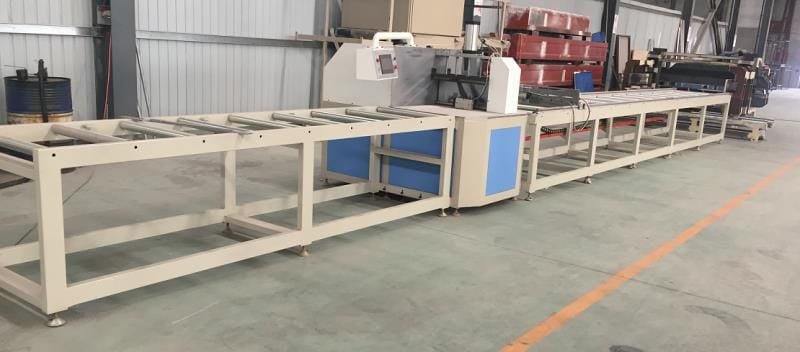In the realm of manufacturing and fabrication, precision and efficiency are paramount. Among the myriad of tools and machines that cater to these demands, CNC (Computer Numerical Control) drilling milling machines stand out for their versatility, accuracy, and advanced capabilities. This article delves into the myriad advantages that CNC drilling milling machines offer, making them a staple in modern workshops and factories.
1. Unparalleled Precision and Accuracy
One of the most significant advantages of CNC drilling milling machines is their capacity for extreme precision and accuracy. Unlike manual machines that rely heavily on the operator’s skill and experience, CNC machines are governed by computer programs. This ensures that every cut, drill, and milling operation is executed to the exact specifications outlined in the digital blueprint. This level of precision is crucial for producing components and parts that fit together perfectly, reducing waste and enhancing overall product quality.
2. Enhanced Productivity and Efficiency
CNC drilling milling machines significantly boost productivity by automating repetitive tasks. Once the program is loaded, the machine can operate continuously without the need for constant human intervention. This not only speeds up the production process but also minimizes downtime associated with human errors or fatigue. Furthermore, the ability to run multiple programs simultaneously allows for batch processing, further increasing efficiency and throughput.
3. Versatility and Flexibility
The versatility of CNC drilling milling machines is another key advantage. These machines can be configured to perform a wide range of operations, including drilling, milling, tapping, and even turning, depending on the attached tools and accessories. This multifaceted capability makes them ideal for producing a variety of parts and components across different industries, from automotive and aerospace to electronics and medical devices. Additionally, the ease of programming and reconfiguring the machine for new tasks ensures a quick adaptation to changing production needs.
4. Cost-Effectiveness
While the initial investment in a CNC drilling milling machine may be substantial, the long-term cost savings justify this expenditure. By reducing waste, minimizing human errors, and enhancing productivity, these machines contribute to lower operational costs. Moreover, the precision they offer often leads to fewer rejected parts, further cutting down on material waste and rework expenses. The ability to automate complex processes also means less reliance on skilled labor, which can be a significant cost-saver in regions with labor shortages or high wage rates.
5. Improved Safety
Safety is a critical consideration in any manufacturing environment. CNC drilling milling machines enhance safety by minimizing the need for direct human interaction with the cutting tools and moving parts. The enclosed working areas and automated processes reduce the risk of injuries, making these machines a safer alternative to manual or semi-automatic drilling and milling equipment.
6. Integration with Other Technologies
In today’s interconnected manufacturing world, the ability to integrate with other technologies is crucial. CNC drilling milling machines are often equipped with advanced communication interfaces that allow them to be seamlessly integrated into CAD/CAM systems, automated production lines, and even IoT-enabled smart factories. This integration fosters greater collaboration between machines, optimizes resource allocation, and enables real-time monitoring and adjustment of production processes.
In conclusion, CNC drilling milling machines represent a significant leap forward in manufacturing technology. Their precision, efficiency, versatility, cost-effectiveness, safety, and compatibility with modern technological ecosystems make them indispensable assets for businesses striving to stay competitive in an ever-evolving market. As technology continues to advance, the role of CNC drilling milling machines in shaping the future of manufacturing will undoubtedly become even more pivotal.



